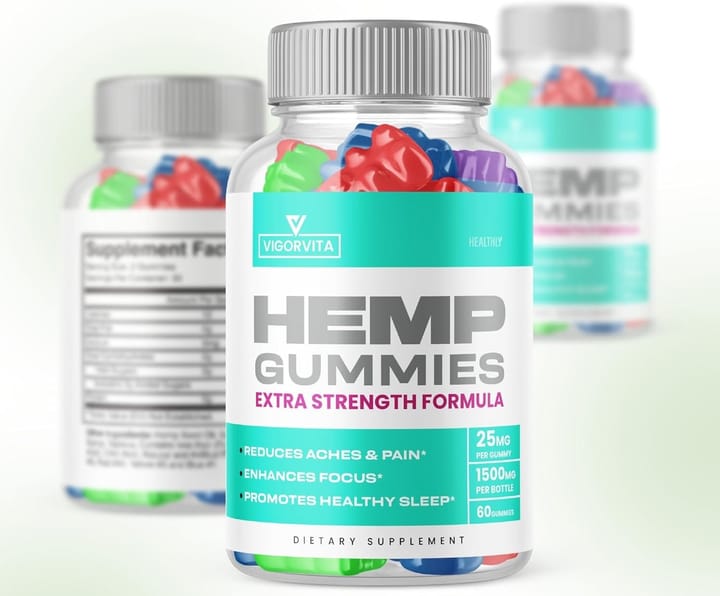CBD for Anxiety: Which Works Better—Situational or Chronic?
CBD for situational vs chronic anxiety explained with research-backed insights.

Cannabidiol (CBD), a non-psychoactive compound derived from the cannabis plant, has gained immense popularity for its potential to alleviate anxiety. But does it work better for situational anxiety or chronic anxiety? This article dives deep into the research, mechanisms, and practical applications of CBD for these two distinct types of anxiety, supported by links to authoritative resources.
Understanding Anxiety: Situational vs. Chronic
Before exploring how CBD interacts with anxiety, it’s essential to differentiate between situational and chronic anxiety.
1. What Is Situational Anxiety?
Situational anxiety occurs in response to specific stressors or events, such as public speaking, job interviews, or social gatherings. It is temporary and typically resolves once the triggering situation ends. Learn more about situational anxiety.
2. What Is Chronic Anxiety?
Chronic anxiety, or Generalized Anxiety Disorder (GAD), is more persistent and pervasive. It can last for months or even years, affecting daily functioning. Explore chronic anxiety symptoms and treatments.
How CBD Works for Anxiety: The Science Behind It
CBD interacts with the body’s endocannabinoid system (ECS), a network of receptors that regulates mood, stress, and overall well-being. Key mechanisms include:
1. Modulating Serotonin Receptors
CBD indirectly activates serotonin receptors, specifically the 5-HT1A receptor, which is known to reduce anxiety and promote a sense of calm. Read more on serotonin’s role in anxiety.
2. Regulating Cortisol Levels
Cortisol, the stress hormone, is often elevated during anxiety episodes. Studies suggest that CBD may help lower cortisol levels, especially in acute situations. Cortisol and stress management explained.
3. Enhancing GABA Activity
CBD may increase the availability of gamma-aminobutyric acid (GABA), a neurotransmitter that inhibits overactive brain activity, promoting relaxation. How GABA impacts anxiety.
Research Insights: Does CBD Work Better for Situational or Chronic Anxiety?
1. Evidence Supporting CBD for Situational Anxiety
Numerous studies highlight CBD’s effectiveness for situational anxiety:
- Public Speaking Studies: A 2019 study in Frontiers in Psychology found that a single dose of 300 mg of CBD significantly reduced public speaking anxiety in participants. Read the study.
- Acute Stress Reduction: A 2011 study in Neuropsychopharmacology demonstrated that CBD lowered anxiety levels in individuals subjected to simulated stress tests. Explore the findings.
2. Evidence Supporting CBD for Chronic Anxiety
For chronic anxiety, long-term studies show promising results:
- GAD Treatment: A 2020 review in Cannabis and Cannabinoid Research noted that regular CBD use reduced anxiety symptoms in individuals with GAD over several weeks. Review the article.
- Sleep Improvements: A 2019 study published in The Permanente Journal observed that CBD improved sleep quality in patients with anxiety disorders, a common symptom of chronic anxiety. Access the research.

How to Use CBD for Anxiety: Best Practices
1. Dosage Recommendations
- Situational Anxiety: A single dose of 300-600 mg before an anxiety-inducing event.
- Chronic Anxiety: Start with a low daily dose (e.g., 10-20 mg) and gradually increase based on individual tolerance. Read dosing guidelines.
2. Delivery Methods
- Tinctures: Fast-acting and ideal for situational anxiety.
- Capsules/Edibles: Slow release, suitable for chronic anxiety.
- Vaping: Immediate relief, but use cautiously due to potential respiratory risks. Understand CBD delivery methods.
3. Choosing the Right CBD Product
- Opt for full-spectrum CBD for added benefits from terpenes and other cannabinoids.
- Ensure products are third-party tested for purity and potency. Learn how to choose CBD products.
Potential Side Effects and Precautions
While CBD is generally well-tolerated, it may cause mild side effects such as:
- Drowsiness
- Dry mouth
- Changes in appetite
Individuals taking medications should consult a healthcare provider to avoid potential interactions. Explore CBD safety and interactions.
Final Verdict: Situational or Chronic Anxiety?
CBD’s versatility allows it to be effective for both situational and chronic anxiety, though its immediate effects are more pronounced in situational cases. For chronic anxiety, consistent use is key to achieving long-term relief.
Conclusion
As research on CBD continues to evolve, its role in anxiety management becomes increasingly clear. Whether you’re facing a high-pressure event or managing daily worries, CBD offers a natural and promising option for relief. Always consult a medical professional to tailor the right approach for your needs.
For further reading, explore resources like:



